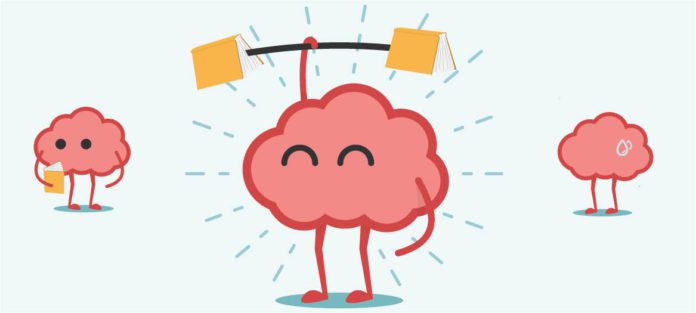By Chelsey Taylor
Succeeding academically requires students to create effective study habits and develop systems that best support their goals. Yet many students aren’t clearly defining what those goals are, strategizing about the effectiveness of their current study methods, or thinking about alternate approaches.
Metacognition, or thinking about thinking, is an easy way for students to improve their study techniques and may even boost their grades, too. Researchers at Stanford University in California found that applying some of the principles of metacognition to studying for an exam—such as setting goals, thinking about resources, and crafting a plan—made a difference in students’ test results. Students who thought through a study plan did better on their exams than those who did not map out a plan, according to the 2017 study in Psychological Science. They also reported feeling less stressed during the prep process.

How to help students be more strategic about studying
- Encourage them to think about their options before making a study plan. Suggest that students list out all the methods and resources they can access and then think critically about which ones will be most helpful. “Learners should take the time to explicitly think through why they want to use each resource for learning,” says Dr. Patricia Chen, a postdoctoral research fellow at Stanford and one of the authors of the study.
- Keep lists of school resources visible and easily accessible. Students often forget about school-provided resources such as tutoring services, academic advising, or a teacher’s office hours. Remind them that these additional supports are available.
- Suggest that they make a detailed study plan. Participants in the Stanford study were asked to plan when, where, and how they would use the study resources they identified. Suggest that your students do the same. They can make a chart that lists out the resources they’re using along with a specific plan for how to use them.
- Help them set realistic goals. “Goal setting helps learners clarify exactly what they want to achieve and focuses them on their goal as they plan out their studying,” says Dr. Chen. Encourage students to have a goal every time they study, both a short-term one, such as answering a specific problem or achieving a specific result, and a long-term one, such as getting into college or using their newfound skill in a future job.
- Remind them to keep track and keep trying. If your students are feeling discouraged by an undesired result or missed goal, encourage them to take a deeper look at their methods and ask important questions. What could they do differently to prepare? Are there other resources they could use next time around?
More ideas for using metacognition with your students: Edutopia

